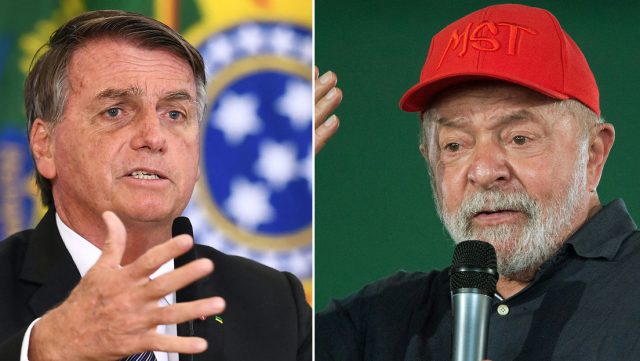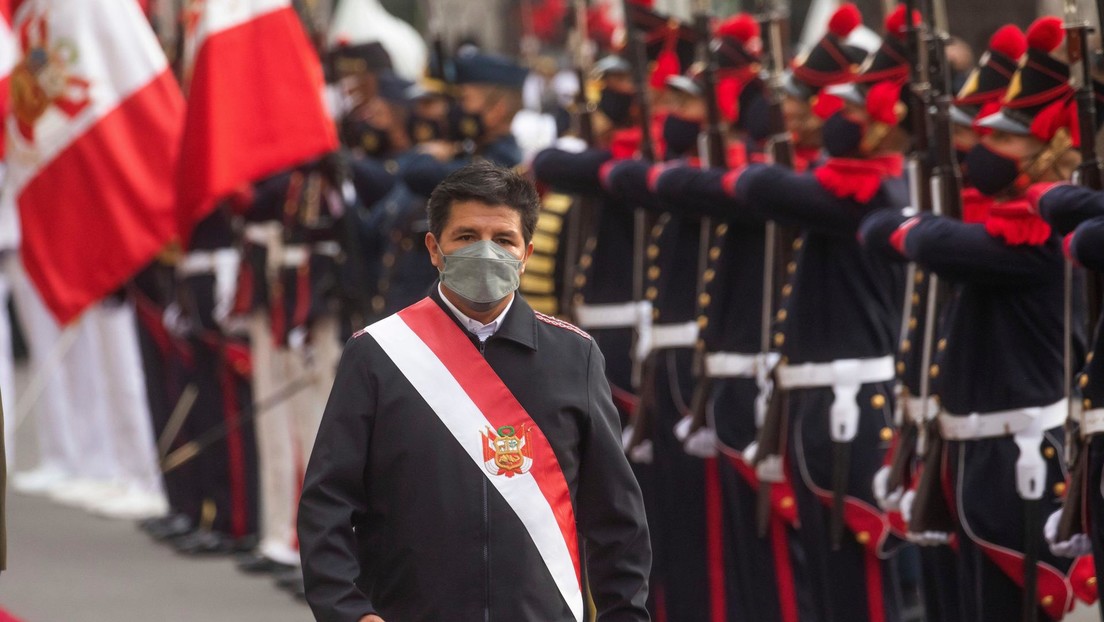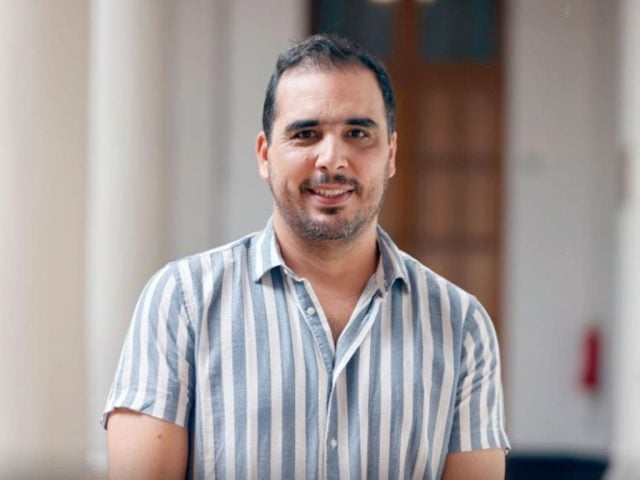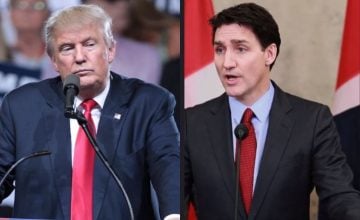The implications of the duel that will take place this year in Brazil transcend the country. There are two diametrically antagonistic ideological models that are going to face each other in the month of October, but there are already enough indications that the electoral campaign has begun, although legally the candidates still cannot explicitly call for votes.
In one corner is a historical leader of Latin America, Luiz Inácio Lula da Silva, who knew how to confront the right-wing military dictatorship from the unions, persevering in resistance, but also going on the offensive until he conquered the presidential seat of Planalto after three candidacies, explains the sociologist Ociel Alí López
In the other corner, Jair Bolsonaro, the current populist president, a right-wing ‘outsider’ who vindicates the military dictatorship and at times turns up the volume not only against «the leftists» like Lula, but also against the liberal institutions, making an advocacy of the radical conservative discourse and more specifically of trumpism.
Both Lula and Bolsonaro are leaders with indisputable incidence on the masses and it will not be in the middle classes where the victory will be disputed, but rather within the popular sectors, where each one, in their own way, has gained ground.
On October 2, is the first round and if necessary there will be a second on the 30th of the same month. Almost 150 million voters are expected in this mega-event and 513 seats in the Chamber of Deputies, 27 in the Senate and 27 governorships will be chosen, in addition to the Presidency and Vice-Presidency.
So this year, Brazil will dispute the most important positions of its State and territorial institutions.
The ‘pre-campaign’ movements in Brazil
With four months to go before the formal start of the campaign, events are already taking place that precipitate the outcome.
The former judge and former Minister of Justice, Sergio Moro, who tried for a time to position his candidacy in the center, outside the polarizations, withdrew last week from the electoral race, after his name did not materialize in the polls as a probable president.
So, apparently, in the Brazil of the times we are living, only the radical interpellation sells and what we will see during the campaign will be two narratives, in open collision, trying to summon the profound Brazil.
The polls continue to be led by the former president. The last one, published at the end of February, placed Lula with 42% of the intention to vote compared to 28% for the current president. An important difference that has been maintained since Lula announced his candidacy.
Bolsonaro’s strategy
When campaigning, the right-wing leader increases his exposure and toughens his speeches.
A few days ago, at an event in which he was adjusting his cabinet, he was heard repeating phrases in favor of the military dictatorship and launching harsh allegations against magistrates of the Supreme Court, whom he ordered to «shut their mouths». Confronting the institutions seems to be part of the tactical repertoire of the current president.
With the acceptance of the resignation of his defense minister, General Walter Braga Netto, no one presumes a rupture, but rather a rearrangement of whom many predict as vice-presidential running mate, which highlights new alliances in the same military sector, which continues to be preponderant in the occupation of positions in his Government.
However, it is to be assumed that Bolsonaro’s speech faces serious limits.
On the one hand, the country’s economy is going through a crisis that was accentuated during the pandemic and that it has not yet finished overcoming.
On the other hand, Bolsonaro’s management of the pandemic, because he opted to disregard the impact and ended up leaving more than 600,000 dead in Brazil, generated reactions and outrage even in several of his support points.
Many actors and media that bet on Bolsonaro, today have turned their backs on him; however, the power of his proposal has more to do with his ascendancy among popular conservatism, which has been positioning itself in the marginal layers of Brazilian society.
So Bolsonaro’s strategy is open and ideologically polarizing and tries to mobilize the conservative vote that has been installed in popular sectors, where before the hegemony was Lula’s Workers’ Party, which changed considerably in the 2018 presidential elections. .
Lula, low profile in Brazil
In contrast, Lula has kept a low profile. His lead in the polls allows him to wait for Bolsonaro to continue to wear down, both in his management of the country and in his leadership.
Lula has already advanced that it is quite likely that his second in command will be a centrist leader in the style of former Sao Paulo governor Geraldo Alckmin, who has rather neoliberal tendencies. This hypothetical alliance would try to generate consensus against Bolsonaro, rather than around Lula.
Lula may end up running a «catch it all» campaign against Bolsonaro, and for that, he may open up space for a broad political spectrum from the center-right to the radical left.
The labor leader is now 76 years old, and he will face a tough campaign in which he will surely be insulted and harassed to a greater extent than in any previous campaign, in which his competitors were civilians and liberals. His ability to be patient and intelligently wait for his moment to counterattack is going to be decisive against a colossus used to overwhelming his opponents.
In 2022, Brazil will have the option to decide whether to change the current political path or if, on the contrary, it perpetuates it.












